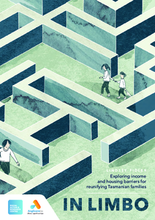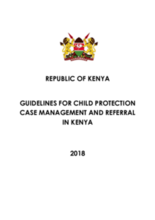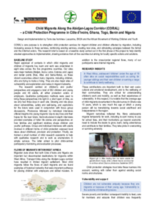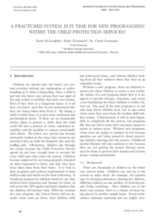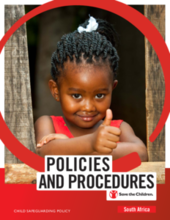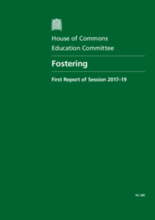Displaying 711 - 720 of 1796
The chapter presents a critical analysis of the reception system for non-asylum seeking unaccompanied migrant children in Calabria, a region of South Italy.
This report looks at the nature and extent of the income and housing challenges faced by Tasmanian families who have had children removed by Child Safety Services, and the impacts those challenges may have on positive family reunification outcomes.
The guidelines for Case Management and Referral for Child Protection Systems in Kenya is a reference material to guide different actors on how to carry out comprehensive case management and referral and defines the role of the government, civil society organizations, the communities, the family and the child to complement each other.
This article examines the practice of child-centered principles in the UK child protection and public child law systems.
This research brief is based on a baseline study carried out in the first phase of the Child Migrants Along the Abidjan-Lagos Corridor (CORAL) project to help identify situated approaches to implementation, drawing evidence from all five countries but aiming for locally specific actions and solutions.
This article explores current child protection services and programs in the United States and offers suggestions for development of new child protection programming to further meet the needs of vulnerable children.
This document includes protocols, procedures and guidelines for anyone within Save the Children South Africa to prevent and respond to child protection concerns when they arise.
This report continues a predecessor Committee’s inquiry into fostering in the UK. It emphasizes the importance of valuing the young people in foster care, foster carers, and the foster care system itself.
In this article, child protection managers and direct service workers in Saudi Arabia report their experiences in implementing new policies.
The Education Committee of the UK's Parliament has published a report on Foster Care. The report includes conclusions and recommendations for valuing young people in care as well as foster carers and the care system.

